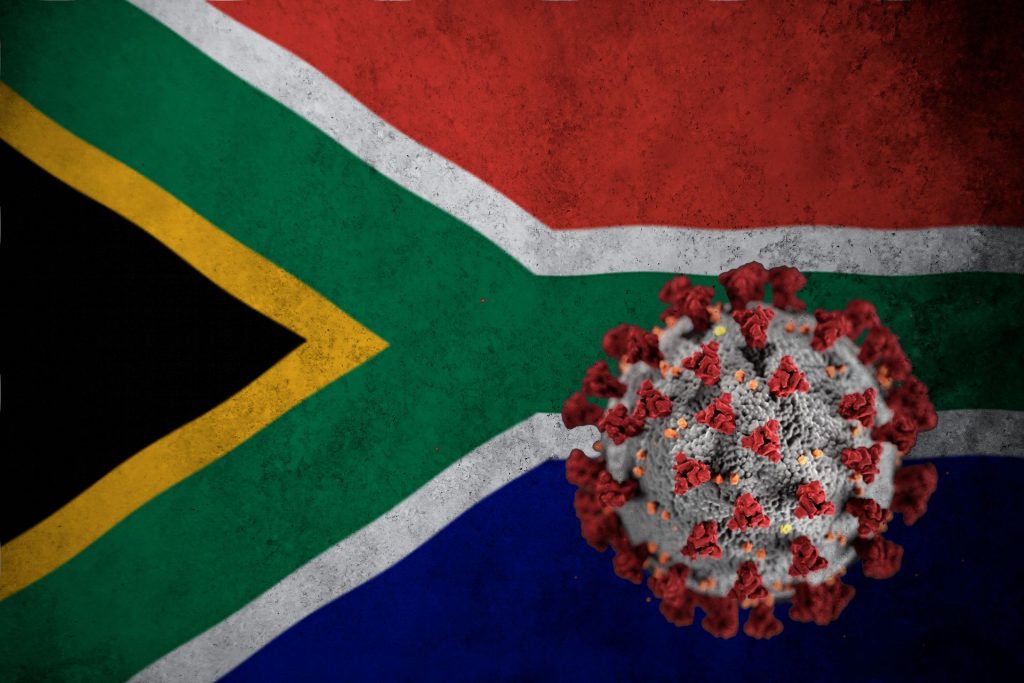The Mental Health Benefits of Going on Holiday

For better mental health, music and other forms of relaxation have been shown to have positive benefits. Now, researchers have identified a previously overlooked way to improve mental health – going on holiday, a luxury many have abandoned since COVID.
In a new cross-disciplinary paper, researchers from Edith Cowan University (ECU) propose that we view tourism, as not just as a recreational experience but as an industry that can provide real health benefits.
The interdisciplinary collaboration found that many aspects of going on holiday could have a positive impact on those with mental health issues or conditions.
Led by researcher Dr Jun Wen, a diverse team of tourism, public health and marketing experts investigated how tourism could benefit those living with dementia.
“Medical experts can recommend dementia treatments such as music therapy, exercise, cognitive stimulation, reminiscence therapy, sensory stimulation and adaptations to a patient’s mealtimes and environment,” Dr Wen said.
“These are all also often found when on holidays. This research is among the first to conceptually discuss how these tourism experiences could potentially work as dementia interventions.”
According to Dr Wen, the varied nature of tourism meant there were many opportunities to incorporate treatments for conditions such as dementia. Being in new environments and having new experiences could provide cognitive and sensory stimulation, for example.
“Exercise has been linked to mental wellbeing and travelling often involves enhanced physical activity, such as more walking,” Dr Wen said.
“Mealtimes are often different on holiday: they’re usually more social affairs with multiple people and family-style meals have been found to positively influence dementia patients’ eating behaviour.
“And then there’s the basics like fresh air and sunshine increasing vitamin D and serotonin levels. Everything that comes together to represent a holistic tourism experience, makes it easy to see how patients with dementia may benefit from tourism as an intervention.”
Dr Wen said COVID’s impact on travel in recent years had raised questions about tourism’s value beyond lifestyle and economic factors.
“Tourism has been found to boost physical and psychological wellbeing,” he said. So, after COVID, it’s a good time to identify tourism’s place in public health — and not just for healthy tourists, but vulnerable groups.”
Dr Wen said he hoped that new research could begin to examine how tourism can enhance the lives of people with various conditions.
“We’re trying to do something new in bridging tourism and health science,” he said. “There will have to be more empirical research and evidence to see if tourism can become one of the medical interventions for different diseases like dementia or depression.
“So, tourism is not just about travelling and having fun; we need to rethink the role tourism plays in modern society.”
The article ‘Tourism as a dementia treatment based on positive psychology’ was published in Tourism Management.
Source: Edith Cowan University






